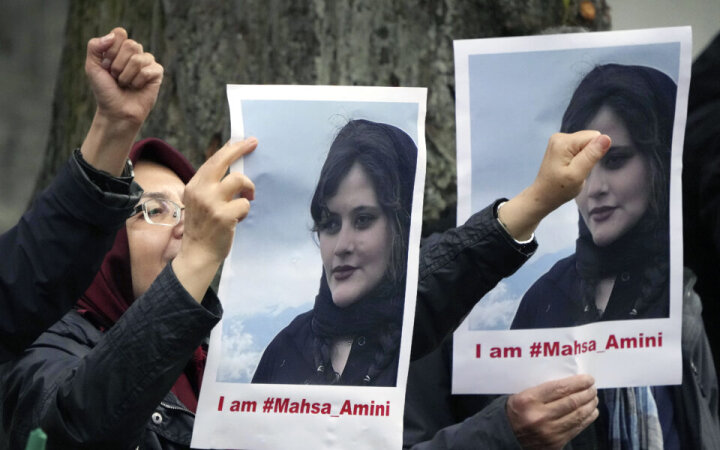Burning hijabs in the dark

In Iran, thousands of women, and many men, have taken to the streets to protest against the regime, following the death of a 22-year-old woman of Kurdish descent who died at the hands of the “morality police” after being detained for not covering her hair adequately.
In Russia, protests erupted, and a wave of young men tried to flee the country, immediately after Vladimir Putin declared a partial military mobilization.
In both countries, the forces of suppression acted swiftly and brutally. Autocratic regimes cannot tolerate any questioning of their authority. Their survival depends on their projecting omnipotence – they must make clear at every opportunity that every head that is raised will be cut off.
No one can know whether today’s protests in Iran and the objection of many Russians to take part in Putin’s war in Ukraine will seriously undermine the two regimes. For every woman and man who dares to confront the forces of suppression, countless others watch from a distance, either agreeing with the protesters or indifferent to events. The many will adapt the course of their life according to the outcome of the protests.
The 43 years of theocracy in Iran, and the 23 years of Putin’s rule, cannot but provoke anger and despair in ever greater numbers of citizens.
When the necessary spark of protest is lit, the need for revolt may conquer fatalism and fear, and, in the end, may crush regimes. It remains to be seen whether we are reaching such a moment.
Those of us who do not live under such conditions can only imagine the bravery of Iranian women who burn their headscarfs in public, nor of the young Russians who refuse to fight in Ukraine. All of them know that the regime’s survival depends on their destruction.
Apart from declaring solidarity with the rebels, we need to understand that they are dying for what we take for granted. We must see that freedom is precious and vulnerable. And that it depends wholly on citizens and the choices they make.

